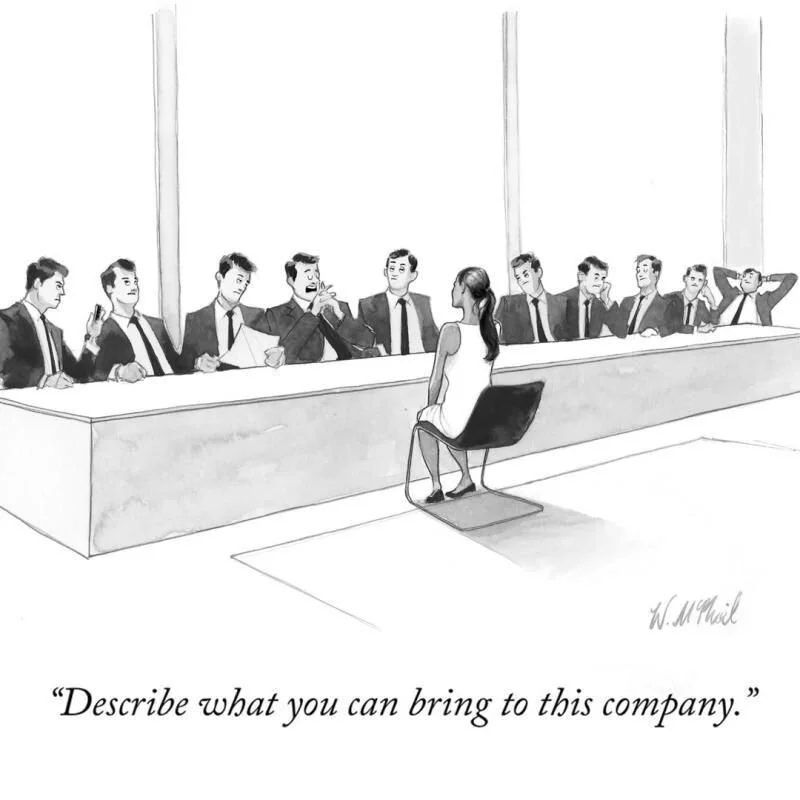When hiring a consultant, there are many factors companies weigh. Money is usually the first consideration, followed by rigor, and results. I find that most people want to know how much it will cost, how long it will take to make an impact, and what the measurable impact will be. But, let me share my strategy. Work backwards.
Work Backwards
Your team should initially be focused on impact. What will your culture look like 20 years from now if you have hired the consultant who is the right fit for the job? Twenty years from now, what will be the reputation of your business, social club, organization, church, or agency? What will your leadership structure look like? What has your leadership been able to accomplish? What shifts have been made in your community, your city, or state as a result of the changes you make today?
Hire Someone Willing To Assess Fit
I interview all of my clients. We come to the table with them sizing me up, and I am just as intentional about assessing them. After my initial contact, if the entity I am contract bidding continues to insist that all they want is a workshop, I will let them know that I am not the right fit. A workshop will not end racism, nor will it suddenly absolve you from the impact you make going forward. Your aim should be to hire a consultant who is willing to work with you on a plan for implementation and thoughtful sustainability. How will this plan remain a priority should staffing or board changes occur? How will you onboard newcomers? How will your organization communicate with partners and stakeholders about what you have learned and are attempting to change?
About a year ago, I attended a DEIA training workshop in Central Appalachia where I reside, facilitated by a national organization that I admire greatly. They know their stuff. However, the entity that hired them did not specify the audience. This group presented incredible data and strategy…for a totally different industry and region. Equity is not one size fits all. What works in New York may not translate to what works in Eastern, Kentucky. It takes nuance. Though these issues are internationally systemic, solutions must also take into consideration regional focus.
Determine Your Commitment Level
Ready your employees to do the work. It will not happen over night. It will not happen with consulting input alone. It will not even happen with the establishment of a diversity officer , a diversity committee, or an equity quota written into your bylaws for your board. It will take intentional focus and commitment to the goal of seeking equity and accessibility. It will also take collaboration with stakeholders and partnerships outside of your organization. It is a long term investment for which we will all receive gains.
www.tanyatorp.com

